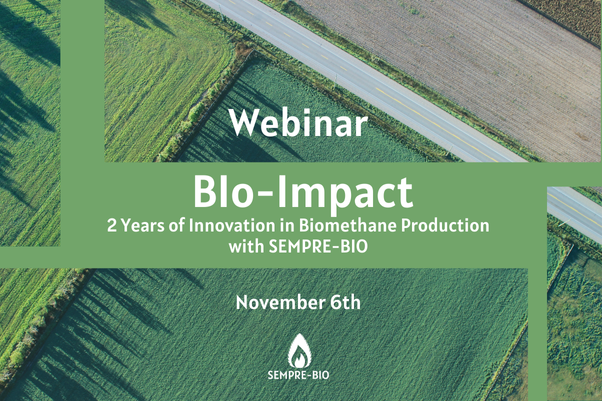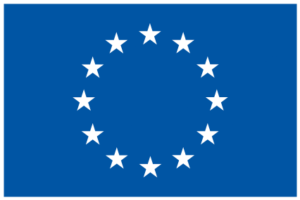Webinar Recap: “BIo-Impact, 2 Years of Innovation in Biomethane Production with SEMPRE-BIO”
Latest Advances in Biomethane Production
On Wednesday, November 6th, SEMPRE-BIO hosted a very interesting webinar titled “BIo-Impact: 2 Years of Innovation in Biomethane Production with SEMPRE-BIO.” This event gathered around 50 participants from various sectors including sustainability, energy, wastewater treatment, chemical industry, biotechnology, and agriculture. Attendees included professors, students, researchers, directors, engineers, project managers, and procurement managers, among others.

About SEMPRE-BIO
SEMPRE-BIO is dedicated to advancing biomethane production through innovative research and collaboration. Over the past two years, the project has made significant strides in enhancing the efficiency and sustainability of biomethane production processes. This webinar is designed to share aimed these advancements with a wider audience, showcasing the collaborative efforts and expertise of the consortium members and the advancement on new biomethane production technologies.
Webinar Highlights
The webinar featured a series of short presentations, each delivered by a consortium member with expertise in their areas:
- Project Presentation: Alejandra Córdova, SEMPRE-BIO’s project coordinator, from Cetaqua, opened the webinar with an overview of the project’s goals, achievements, and future directions. She discussed the potential to scale-up biomethane production, and the main feedstocks used in anaerobic digestion and the thermal gasification. With over 50% of the project duration complete, it’s now time to put into practice what has been designed and tested at lab scale.
- Case Study 1: David Checa from Cetaqua highlighted the importance of the power-to-gas concept and how it applies to this case study. He updated the audience on the progress in designing the technology and the constructing the demo plant. With the detailed engineering of the plant taking place and the PEMEL (electrolyser) construction ongoing, the plant is expected to start operations in February 2025.
- Case Study 2: David Checa, presenting on behalf of Arthur Lacaine from TerraWatt, detailed advancements in the various biomethanation process and showed a 3D model of the demo plant, which is currently under construction. He talked about the type of feedstock and their requirements (shredded biomass free of rocks and metals) and offered a brief description of the pyrolysis process using a rotatory kiln without air and external heating. He also mentioned TerraWatt’s collaboration with DTU to assess the best configuration of the biological methanation reactor.
- Case Study 3: Çagri Akyol from Ghent University and Andrea Munaretto discussed the significance of adapting a biogas upgrading solution to produce bio-LNG and liquid CO2 at farm-scale. They talked about feedstock testing, and how it was decided that manure was a better option for biomethane production. For this reason, the demo plant will be installed in a Belgian dairy farm. They also discussed the test bench used to evaluate the cryogenic capture of CO2 in a biomethane stream already running. With the plant design done, their next steps include the installation of equipment and start of the pilot.
- CO2 Valorisation: Georgina Del Puerto Tañá from BETA-UVIC and Marcella Fernandes de Souza from Ghent University explored the potential of CO2 valorisation to produce biopolymers, biochemicals and microalgae as an alternative protein source. They reported on the results of testing different microbial strains with different substrates (synthetic and digestate from CS3) in different conditions, and how they are now running a pilot with a hybrid fermenter. Similarly, after testing several strains and digestates for microalgae, now two pilot-scale photobioreactor are taking place.
The session concluded with a discussion on the importance industrial symbiosis to successfully integrate algae in a dairy farm, creating sustainable microalgae plant.
The webinar ended with a short Q&A session, where a couple of attendees raised interesting questions. We encourage you to watch this, along with the full presentation, for a more complete understanding. You can access the full recording here and the presentation here.
Author: Laia Mencia
Date: November, 2024


This project has received funding from the European Union’s HORIZON-CL5-2021-D3-03-16 program under grant agreement No 101084297. Views and opinions expressed are however those of the author(s) only and do not necessarily reflect those of the European Union or the European Commission. Neither the European Union nor the granting authority can be held responsible for them.

